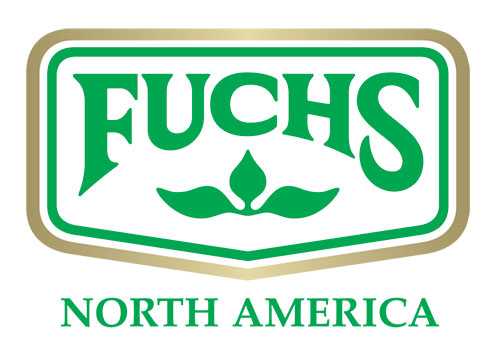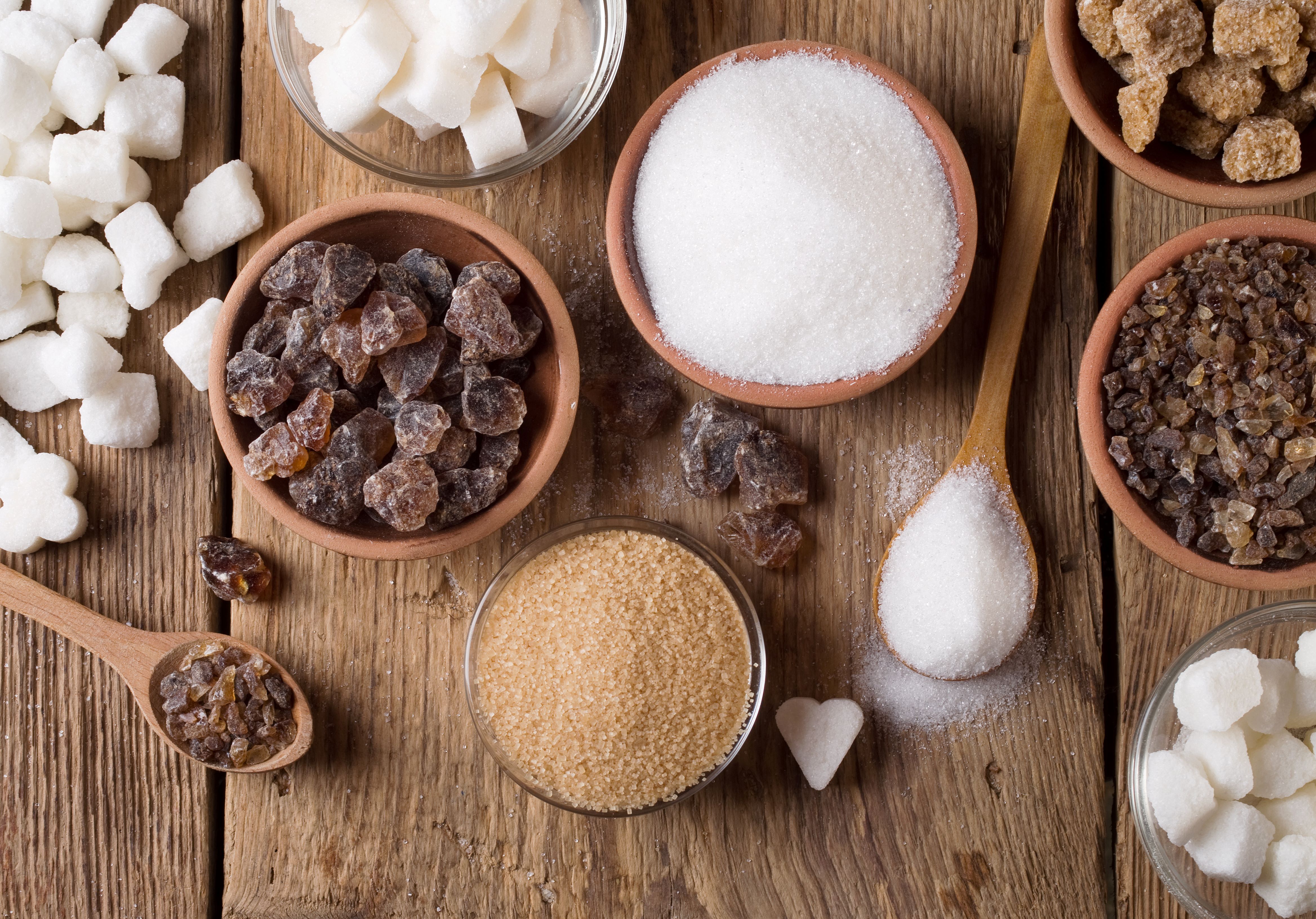Over the past few years, our marketing research experts have noticed a consistent trend in upward growth of products featuring reduced sugar and natural sugar alternatives. Due to the pandemic and overall awareness surrounding health and wellness, consumers are paying more and more attention to the ingredients in the food products they’re buying. As always, it’s important to understand the demands of consumers and innovate in ways that will incentivize them to purchase your product over others. Right now, we are seeing that for many consumers, purchasing decisions are coming down to the ingredients and corresponding health benefits of the products they are choosing between.
Low or no-sugar sweeteners are on the rise but matching the taste of sucrose can be a challenge. Many companies in the food industry are having to change up the way they conduct business, being mindful of the ingredients they are adding to their products and how they are marketing those products to consumers, and finding ways to stay ahead of their competitors. Keep reading to find out more about what consumers are looking for in alternative and natural sweeteners, including specific products they want to see with significant sugar reduction and how food brands can innovate to meet those demands.
Alternative Sweeteners to Keep an Eye On
Artificial sweetening solutions like zero calorie sweeteners, stevia, and sugar alcohols are now suggested to have health consequences like storing unwanted body fat and having toxic effects on the liver and kidneys. As a result, consumers have started to turn toward more natural sweeteners to either maintain or improve their overall health. According to Mintel, out of those who keep track of their sugar consumption, 40% do so for general health and wellness considerations (e.g., energy levels, digestion).
Because of this, consumers are searching for food products that feature natural sweeteners, especially in categories that are traditionally indulgent. Maple syrup, honey, molasses, and fruit juice concentrates are some of the most popular alternatives to sucrose. Many of these sweeteners have additional potential health benefits, and given the popularity of functional ingredients, consumers see these sweeteners in a more positive light. For example, honey is known to be high in antioxidants, possess anti-inflammatory and antibacterial properties, and support a healthy gut.
Honey may be one of the most well-known natural sweeteners, but maple syrup and fruit concentrates are not far behind. Fruit concentrates are normally packed with
vitamins and minerals that are incredibly beneficial to the body. Maple syrup is known, like honey, to be high in antioxidants and is often touted for its ability to help maintain normal blood sugar levels. The health benefits of these natural alternatives create a strong incentive for consumers to buy food products that contain these ingredients.
Sugar Reduced Products
Many consumers are using sugar content as a determinant when purchasing products for themselves or their families. So, what are some of the most popular products that consumers are seeking out with reduced sugar content or natural sweeteners? According to Mintel, beverages like sports and energy drinks, juices, flavored water, and carbonated soft drinks are some of the top products that have shown significant increases in “sugar free” or “no added sugar” claims from 2018 to 2023.
Baby food is another example in which many consumers expect products to be sugar free or have no added sugar. The innovation with natural sweeteners doesn’t stop there though. Brands in a wide range of categories, like snacks, dips, spreads, dressings, and baked goods, are also using natural sweeteners in many of their products to satisfy both the health concerns and the cravings of consumers of all ages.
Over the past few years, sugar reduction has surged in popularity and will undoubtedly have a lasting influence on the food industry. Consumers are becoming more conscious of the ingredients in the foods they consume and the impact of those ingredients on both their physical and mental health. As a result, it’s important for food brands to understand and cater toward consumer preferences in a way that will help consumers support their health and wellness goals.
Hungry for more? Subscribe to our e-newsletter to get our insights in your inbox.





 For more information about Fuchs North America's products and programs that support food manufacturers in their product development needs, please
For more information about Fuchs North America's products and programs that support food manufacturers in their product development needs, please